A System of Categories of Being and Knowledge
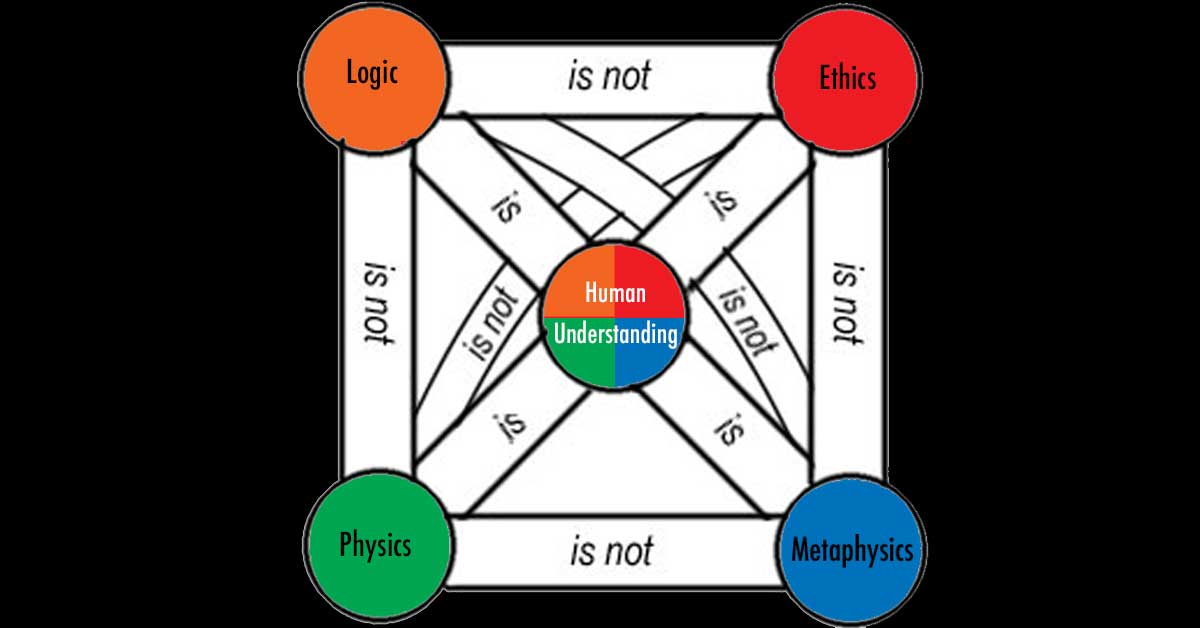
We present a system of “logical, epistemological, and ontological categories of being and knowledge” (categories to place all empirical and rational concepts into).
Philosophy is the study of the natural and theoretical nature of knowledge, reality, existence, and being. Philosophy can broken down into categories based on subject and technique. See the branches of philosophy.

We present a system of “logical, epistemological, and ontological categories of being and knowledge” (categories to place all empirical and rational concepts into).
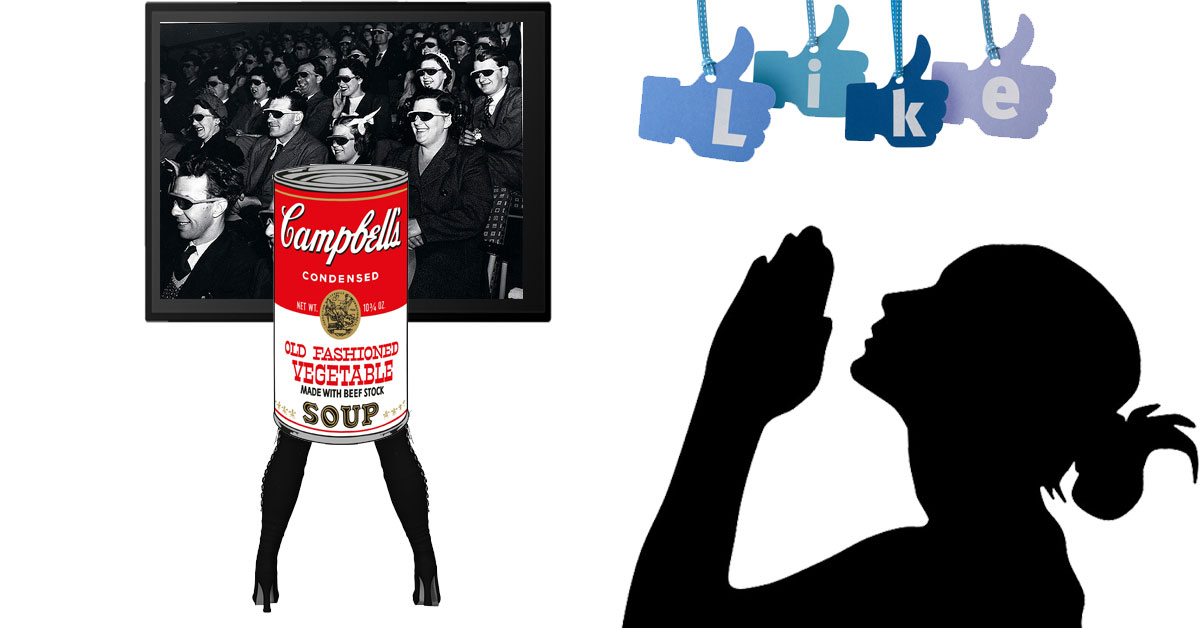
We define terms related to “the society of the spectacle” like commodity fetishism, consumerism, “proletarianization,” and alienation.
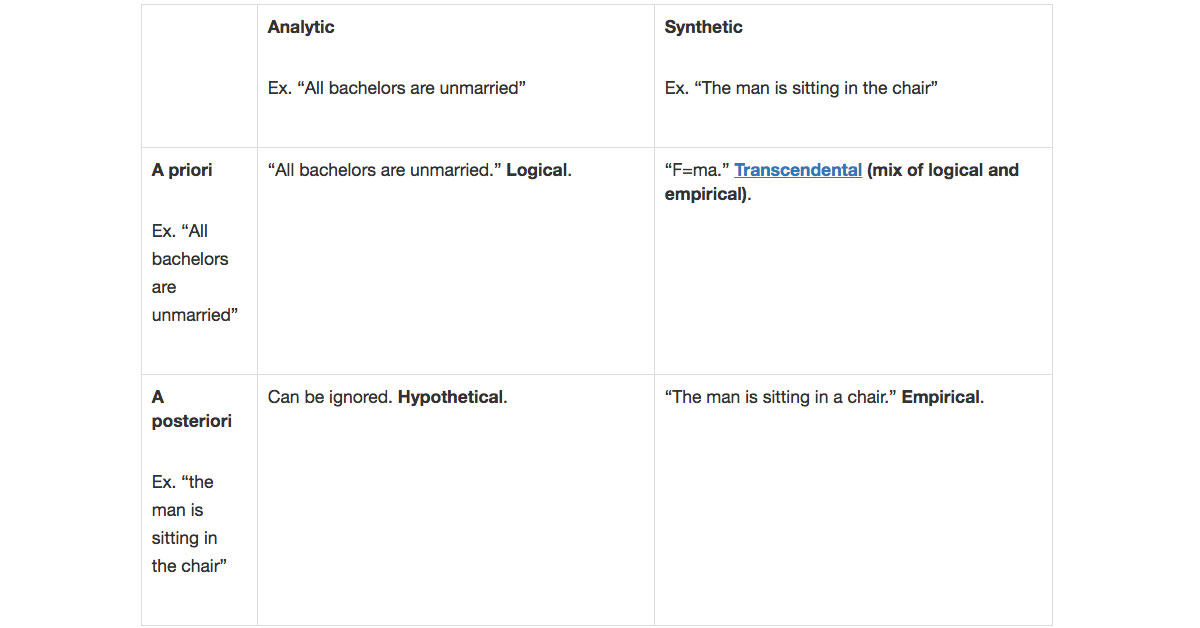
We explain the a priori-a posteriori distinction, analytic-synthetic distinction, necessary-contingent distinction and other logic-based terms.
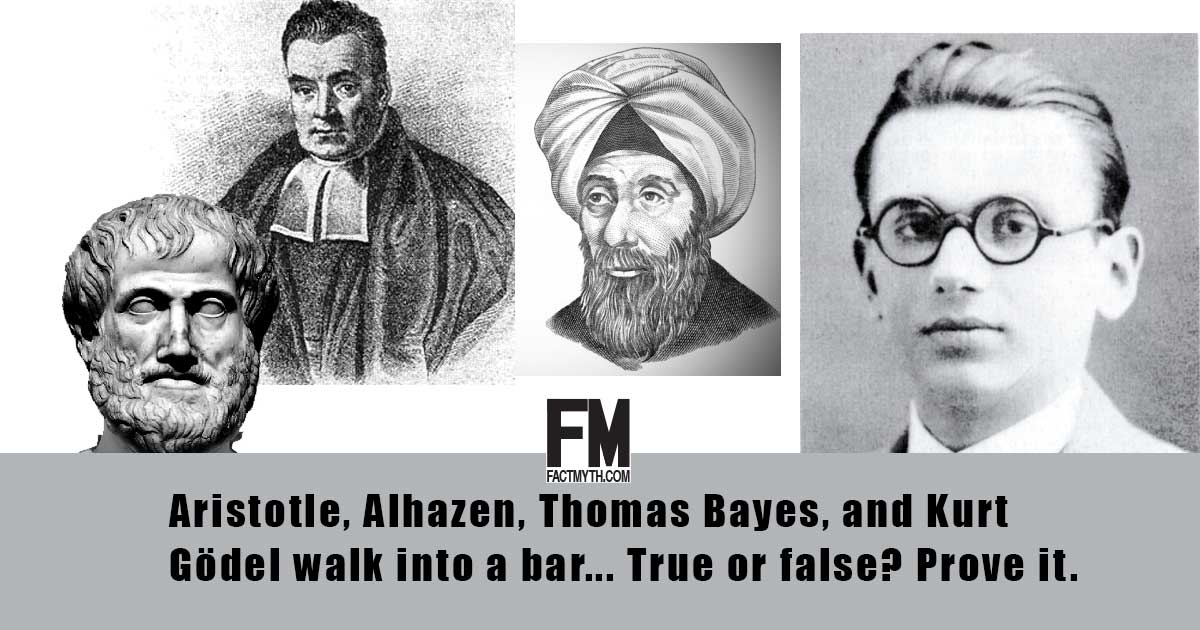
The idea that all truth is subjective, that there is no objective truth, is a myth. Everything either has an absolute truth value (even if we can’t know it) or is an opinion or belief.
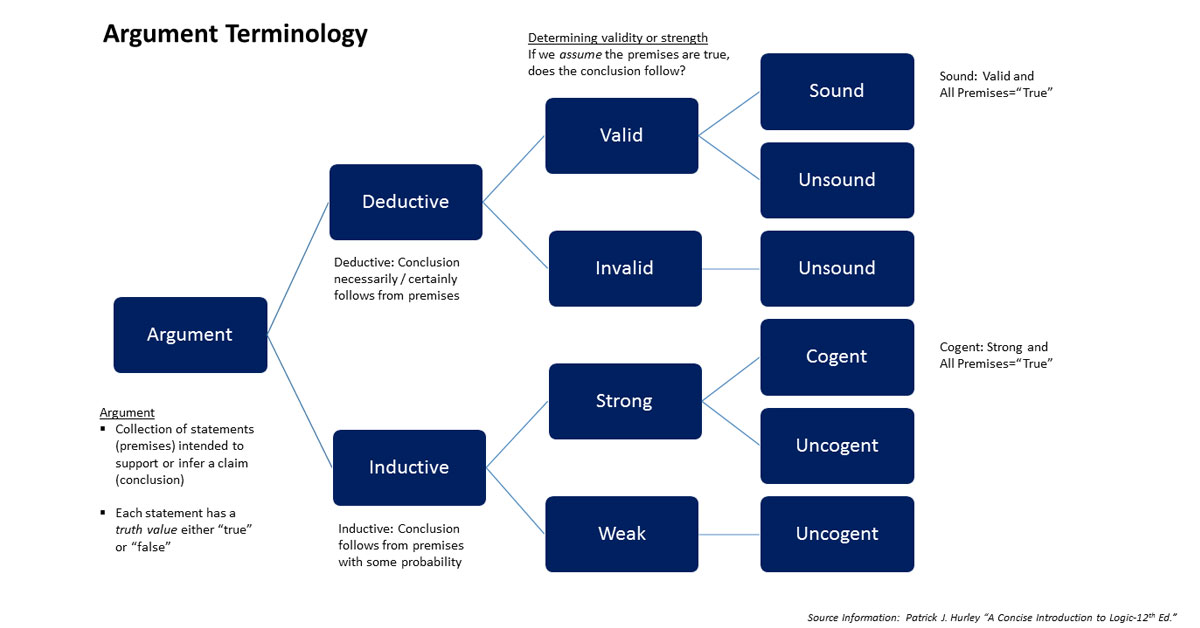
We explain and compare the different types of reasoning methods including deductive, inductive, abductive, analogical, and fallacious reasoning.
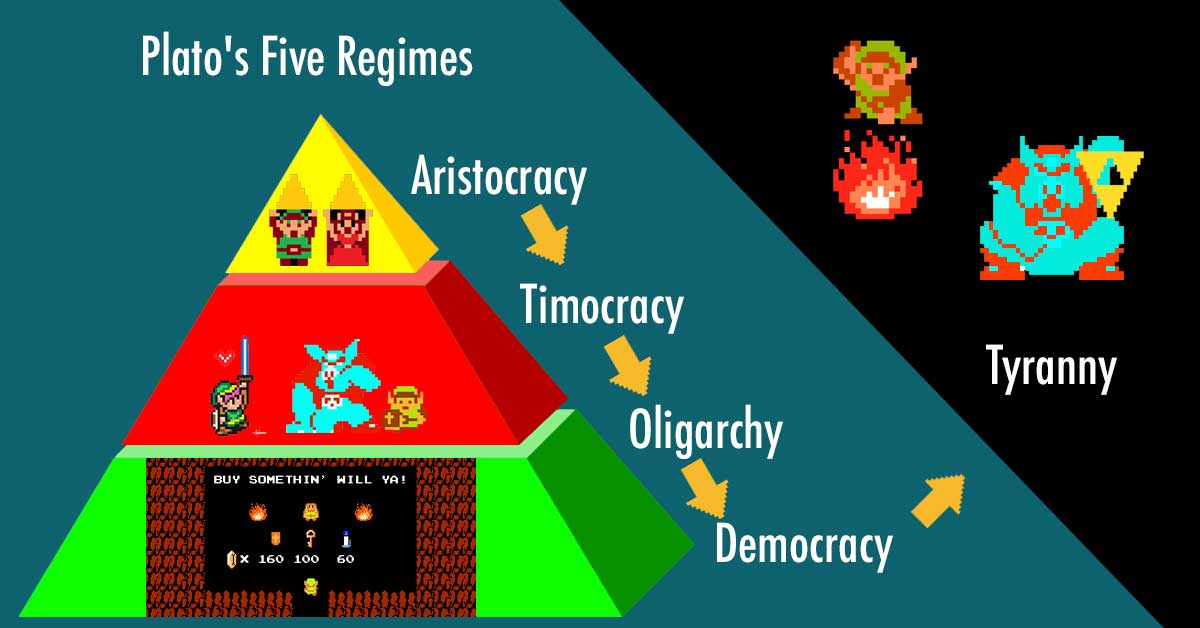
There is a type of tyranny for at least every type of government. When special interests are favored over the general will and the rule of the law, it is a type of tyranny.

Democracy is a form of government where power originates with the citizens, the citizens then either rule directly or delegate power to representatives.

We present a simple self-help strategy to increase one’s feeling of fulfillment in their daily lives.

We present a basic theory of human knowledge to help illustrate some essentials of “what we can know” and “how we can know it.”
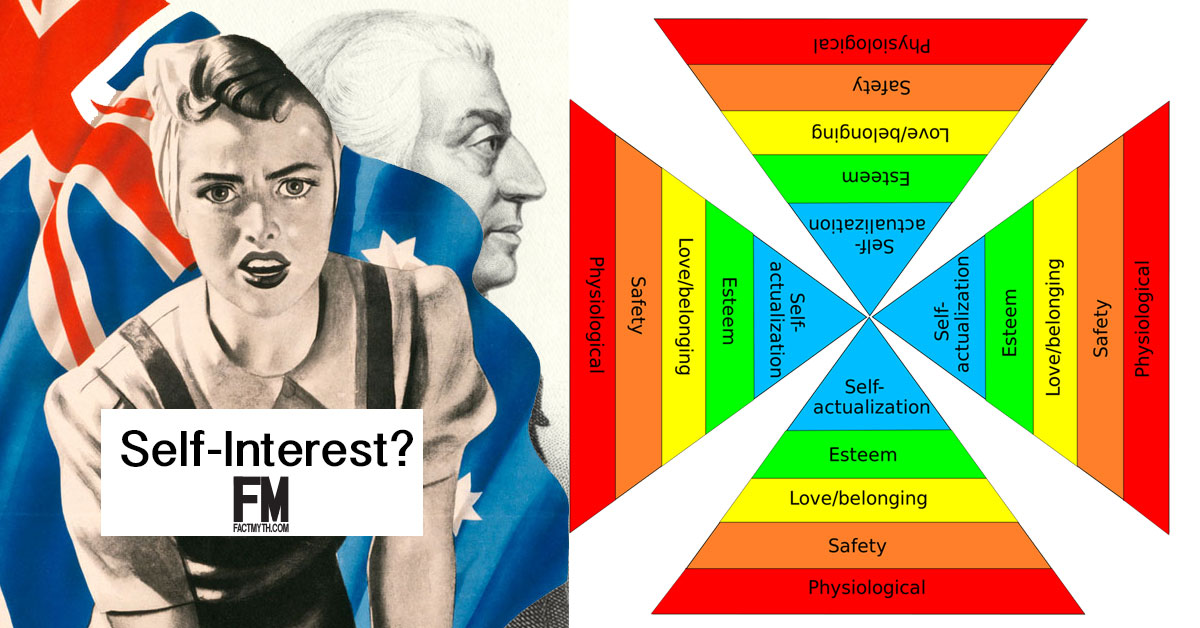
It isn’t true that everyone acts out of self interest, but generally people tend to act in accord with their perceived self interest and “moral sentiments.”